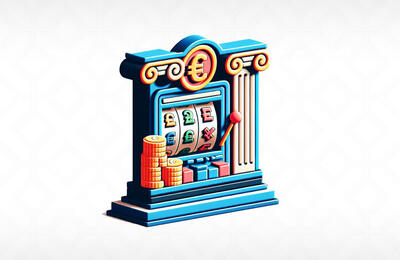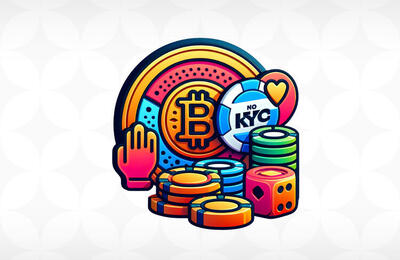
While we continued to see new and ingenious applications of the blockchain in almost every imaginable industry, there remains a lot of untapped potential waiting to be let out.
Some of the most common examples of the blockchain include cryptocurrencies like Bitcoin, Ethereum, and Dogecoin; NFTs like the Bored Ape Yacht Club; and decentralized apps like PancakeSwap.
There are plenty of discussions online about other implementations of the technology, such as providing a more transparent and secure way to buy and sell real estate, creating a mechanism to trade carbon credits, and by making medical records more portable.
But what about sport? Could the blockchain provide benefits to this unique industry?

Cryptocurrency
Cryptocurrencies, while continuing to attract more people, still have relatively low levels of adoption compared to other forms of payment. For example, around 60% of all transactions 2022 involved cash, with the vast majority of the remaining 40% being made up by credit and debit cards.
Of these card transactions, more than 80% of the in-person ones are now made using contactless methods, such as tapping the card on the reader or using a smartphone.
In contrast, the percentage of people that own at least one cryptocurrency is very small. In the United States, NBC news reported that the figure is around 21% of adults. However, in the United Kingdom it’s only 6.2%.
Even fewer people use cryptocurrencies to purchase goods and services, with the majority storing them as an investment. However, it is plausible that the lack of mainstream uptake has been because there are no simple payment solutions that offer the convenience of debit and credit cards.
If this issue can be addressed in some way, and the fluctuations in the value of cryptos tempered, this digital money could be used for the purchase of all kinds of sporting goods, including tickets, merchandise, and concessions.
Betting
Sports betting is an area that has seen a lot of growth in recent years. The industry received a huge boost after the US Supreme Court struck down PASPA in 2018, allowing individual states to set their own rules on the practice.
The result of this has been a race among betting brands to build up a market share in each of the states that have permitted their operation. No better example of this can be seen than the huge free bet promotions that are offered by brands like DraftKings in an attempt to encourage bettors to join their platforms over a competitor’s. They’ve also turned to a host of different technologies to offer live betting, betting exchanges, live streaming, and mobile betting, all in their quest to build an edge over rivals.
However, one untapped area is the blockchain. This technology could help to add additional layers of verification and transparency in the industry. Smart contracts could be used to automatically administer the payouts of winning bets, while the public ledger would demonstrate the fairness of the operation.
There are existing solutions that ensure fairness today, including independent inspections and government regulators, but the blockchain could augment and complement this.

NFT Tickets
Paper tickets were, for centuries, how stadiums ensured only people who had paid could enter their grounds to watch a game. However, the production and distribution of tickets is costly in terms of cash, time, and the environment.
That’s why we’ve seen many sports leagues, teams, and stadium owners experiment with different digital ticketing solutions. Many have turned to using barcodes on a smartphone that can be scanned to gain entry.
But this creates problems for the secondary market, since it’s not as easy to transfer possession of a digital ticket. This is on top of existing issues like counterfeiting by unscrupulous individuals.
The blockchain could help to address these challenges. By issuing tickets as NFTs on the blockchain, there would be no way to sell a fake ticket, since the purchaser could verify the validity and ownership through the public ledger.













